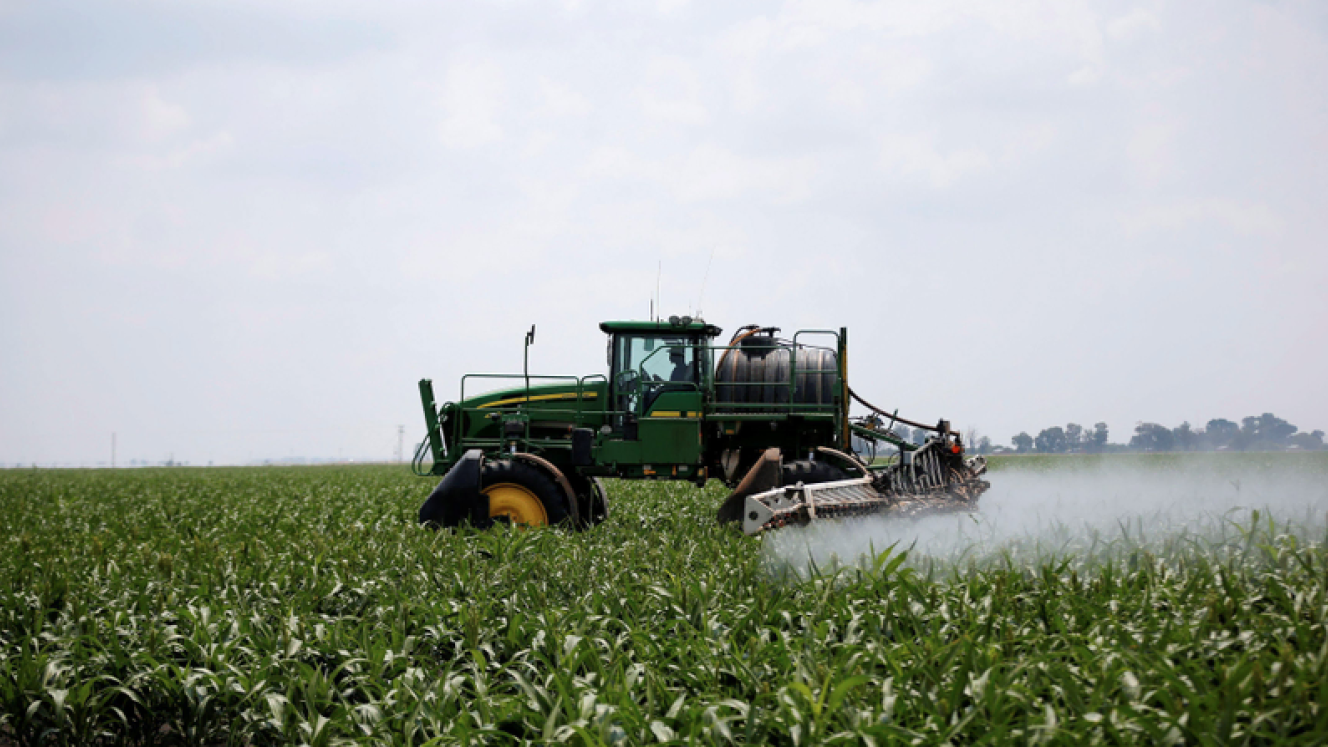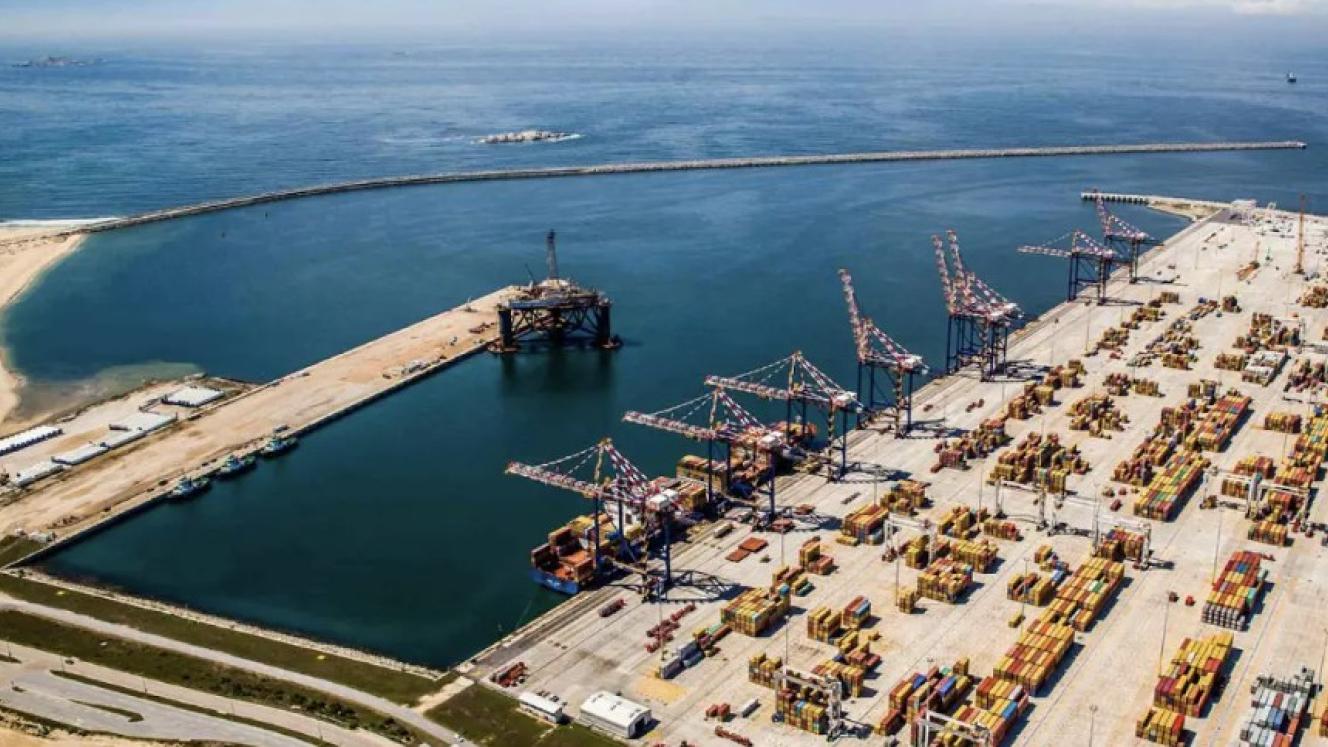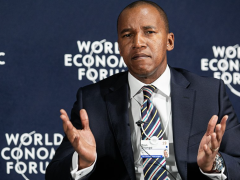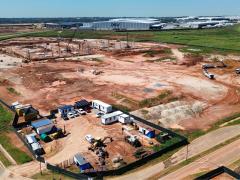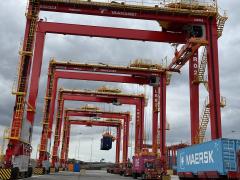The South African Reserve Bank's decision to increase the repo rate by 50 basis points (bps) to 4.75% will put workers and farmers under pressure - as well as small businesses that would have to absorb costs in the short term as their profit margins are already under pressure due to rising fuel prices and power cuts.
This was the reaction from unionists and analysts following the reserve bank’s latest interest rate hike announcement on Thursday.
FNB Commercial Small and Medium Enterprise (SME) co-head, Andiswa Bata, said the decision would extend the pressure small businesses were already facing. He said the higher interest rates would directly impact cash flow and businesses’ ability to take loans.
FNB Agri-Business senior agricultural economist Paul Makube said farmers who were repaying loans would also be under pressure.
“This immediately raises the cost of debt and farmers therefore face increased debt servicing costs which will erode profit margins. The sector has been facing huge input cost pressures due to the war-induced escalation in fertiliser, herbicides, pesticides, and fuel prices,” he said.
South Africa’s total agricultural debt stood at R191 billion in 2020 and had increased at an annual compound growth rate of 10.4% in the past five years, he added.
“Harvesting of summer grains and oilseed crops has begun and will garner pace in the near term - and the rising fuel costs will increase the cost of operations. With fertiliser prices having increased sharply in 2022, farmers will be forced to increase their debt requirements in preparation for the new planting season and subsequently higher debt costs due to rising interest rates,” Makube said.
However, he added that the general outlook for the agricultural sector remained positive for the year ahead.
United Association of South Africa spokesperson Abigail Moyo said the fourth consecutive increase in the repo rate and the largest hike since 2016 brought the prime rate to 8.25%. The repo rate is now 125bps higher than its low point of 3.50%.
“Coupled with a consumer price inflation of 5.9% and the expected fuel hikes in June, the repo rate hike will see workers digging deep in their pockets to make ends meet, while pensioned workers will benefit as their retirement investments grow,” Moyo said.
